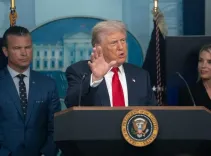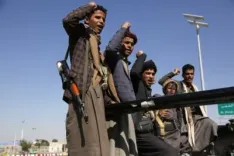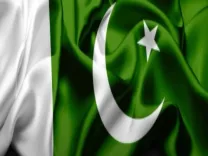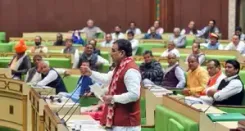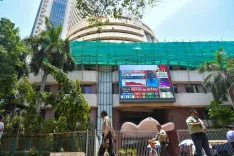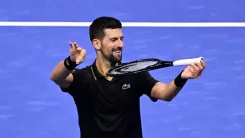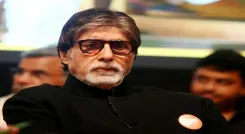Will Tianjin be the Key Meeting Point for Modi and Putin?
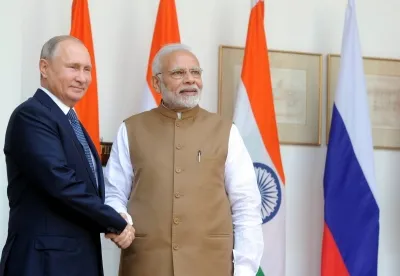
Synopsis
Key Takeaways
- PM Modi and President Putin's meeting at the SCO Summit is crucial for strengthening bilateral ties.
- Key issues include trade, economy, defense, and the ongoing Ukraine conflict.
- India's energy purchases play a vital role in maintaining global market stability.
- The dialogue reflects India's commitment to peace and humanitarian efforts.
- The meeting occurs against the backdrop of US tariffs on Indian goods.
Tianjin, Sep 1 (NationPress) Prime Minister Narendra Modi and Russian President Vladimir Putin are set to engage in a significant meeting during the Shanghai Cooperation Organisation (SCO) Summit in Tianjin. This meeting comes at a time when New Delhi and Moscow are actively enhancing their Special and Privileged Strategic Partnership amid ongoing global challenges.
During their discussions, key topics are expected to include trade, economy, defense, and investment collaboration between the two nations.
PM Modi has consistently emphasized India’s stance on a peaceful resolution to the Ukraine conflict and has expressed support for all efforts aimed at achieving this.
Notably, upon his arrival in China from Japan on Saturday, PM Modi received a call from Ukrainian President Volodymyr Zelensky, who briefed him on negotiations with US President Donald Trump in Washington involving European leaders.
During their 'productive and essential conversation', Zelensky noted that India is prepared to make necessary efforts and 'convey the appropriate message to Russia' and other leaders during the SCO summit.
PM Modi shared that he and Zelensky discussed the ongoing conflict, its humanitarian implications, and initiatives to restore peace and stability. “India extends full support to all efforts in this direction,” he posted on X.
On August 18, Putin had reached out to PM Modi to discuss his meeting with US President Trump in Alaska.
Earlier in the month, the Russian leader had also called Modi to share insights from his meeting with the US President's Special Envoy, Steven Witkoff, held on August 6 in Moscow.
Later, Russian Foreign Minister Sergei Lavrov met with External Affairs Minister S Jaishankar in Moscow during the 26th session of the Intergovernmental Russian-Indian Commission on Trade, Economic, Scientific, Technical, and Cultural Cooperation.
This crucial meeting between PM Modi and Putin also occurs against the backdrop of Trump imposing a 50 percent tariff on Indian goods, citing what he calls unfair trade practices and India's refusal to cease importing Russian crude oil.
However, analysts argue that by purchasing Russian energy, New Delhi has played a vital role in averting a global crisis, helping maintain stability in world markets and keeping inflation in check for itself and others.
Russia stands as the world’s second-largest producer of crude oil, with an output of about 9.5 million barrels per day—nearly 10 percent of global demand—and is also the second-largest exporter, shipping around 4.5 million barrels per day of crude and 2.3 million barrels per day of refined products.
Experts suggest that India has extended a financial lifeline to global citizens by ensuring the steady flow of oil, keeping global prices stable, and balancing markets.

